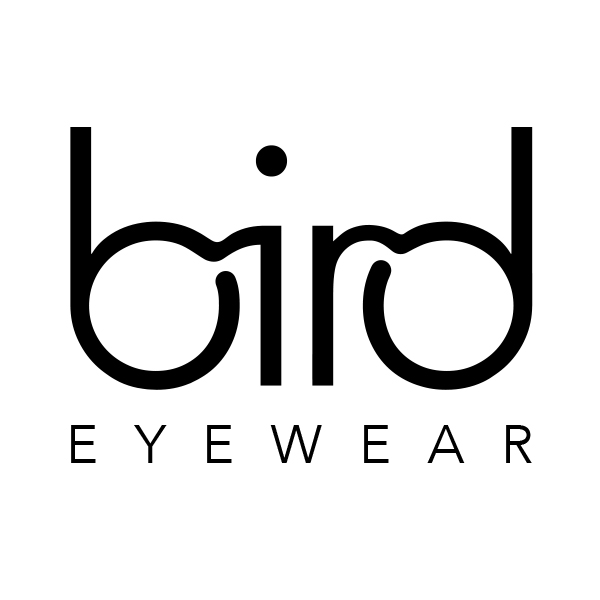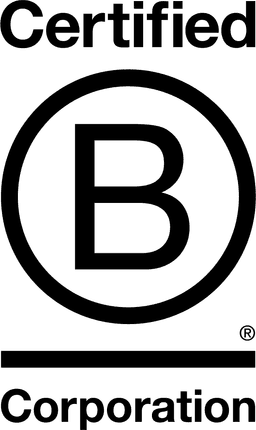

Bird Eyewear

Devon, United Kingdom
March 2020
Apparel
Wholesale/Retail
United Kingdom,
United States
Bird make beautiful, design-led eyewear using high quality and sustainable materials, and for every pair sold they distribute solar light to remote communities in Africa through their Share Your Sun partnership with SolarAid. Bird's premium frames use materials including FSC certified wood, bio-based acetate and repurposed aerospace aluminium. Founded by three brothers from Devon, UK, Bird is helping to drive change in the eyewear industry by designing beautiful frames that both look great and do good. In 2019, Bird won Frame of the Year with their Blackcap frame, beating huge international competition, and they've been nominated for Frame of the Year again in 2020. Bird's unique designs are beautiful in their own right, and combined with their Share Your Sun commitment they become a compelling symbol of the power of solar energy to make a difference. With each pair of Bird sunglasses purchased, a family in Africa benefits from a solar lamp. These solar lamps replace the standard kerosene lamps that are in most households. By eliminating dirty kerosene lamps, families benefit from better health, leading to better mental wellbeing, fewer hours of work and school missed and enabling people to be more productive, as well as saving CO2. That's the power of #shareyoursun
Overall B Impact Score
Governance 17.1
Governance evaluates a company's overall mission, engagement around its social/environmental impact, ethics, and transparency. This section also evaluates the ability of a company to protect their mission and formally consider stakeholders in decision making through their corporate structure (e.g. benefit corporation) or corporate governing documents.
What is this? A company with an Impact Business Model is intentionally designed to create a specific positive outcome for one of its stakeholders - such as workers, community, environment, or customers.
Workers 24.5
Workers evaluates a company’s contributions to its employees’ financial security, health & safety, wellness, career development, and engagement & satisfaction. In addition, this section recognizes business models designed to benefit workers, such as companies that are at least 40% owned by non-executive employees and those that have workforce development programs to support individuals with barriers to employment.
Community 48.0
Community evaluates a company’s engagement with and impact on the communities in which it operates, hires from, and sources from. Topics include diversity, equity & inclusion, economic impact, civic engagement, charitable giving, and supply chain management. In addition, this section recognizes business models that are designed to address specific community-oriented problems, such as poverty alleviation through fair trade sourcing or distribution via microenterprises, producer cooperative models, locally focused economic development, and formal charitable giving commitments.
What is this? A company with an Impact Business Model is intentionally designed to create a specific positive outcome for one of its stakeholders - such as workers, community, environment, or customers.
Environment 33.6
Environment evaluates a company’s overall environmental management practices as well as its impact on the air, climate, water, land, and biodiversity. This includes the direct impact of a company’s operations and, when applicable its supply chain and distribution channels. This section also recognizes companies with environmentally innovative production processes and those that sell products or services that have a positive environmental impact. Some examples might include products and services that create renewable energy, reduce consumption or waste, conserve land or wildlife, provide less toxic alternatives to the market, or educate people about environmental problems.
Customers 4.8
Customers evaluates a company’s stewardship of its customers through the quality of its products and services, ethical marketing, data privacy and security, and feedback channels. In addition, this section recognizes products or services that are designed to address a particular social problem for or through its customers, such as health or educational products, arts & media products, serving underserved customers/clients, and services that improve the social impact of other businesses or organizations.